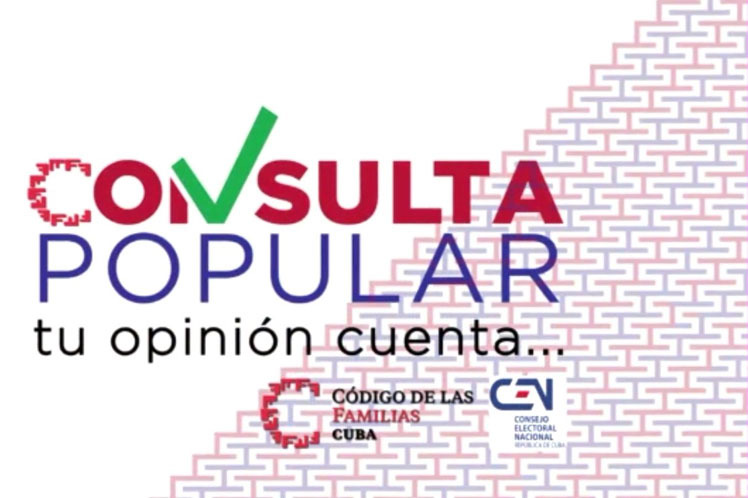
Cuba continues to build its future despite U.S. blockade
Havana, February 5 (RHC)-- While Cuba began this week another exercise of democracy with the popular consultation of the Family Code, the officialization of the U.S. blockade against the Caribbean island reached its 60th anniversary.
Unintentionally, both realities represent the contrast between a country that defends its sovereignty and builds its destiny every day, and the other one that - committed to starve and limit its neighbor - has applied all kinds of unilateral and coercive measures, which qualify as a violation of human rights.
This week began the discussion in the country, in more than 78 thousand meeting points, of a norm for the family sphere considered by experts among the most advanced in the world, and in full correspondence with the precepts of the Constitution of the Republic and international treaties.
"A Code possible in democracy and that strengthens our will to recognize and protect human rights," said the president of the nation, Miguel Díaz-Canel, on his Twitter account the day before, in reference to the legal body that will be submitted to the analysis of citizens until next April.
In the last few days, nine Euro deputies and officials of the group La Izquierda, who observed some of these popular consultations, had a dialogue with the head of state, toured sites of historical and social interest and noted the transformations undergone by Cuban society, as well as its achievements, also stood out in recent days.
At the end of these meetings, Sira Rego, vice-president of the European Parliament group, ratified that it is necessary to put an end to the unilateral policy of economic asphyxiation imposed by Washington, whose official establishment was 60 years ago, although the pressures began since the triumph of the Cuban Revolution, on January 1, 1959.
Several actions took place on the island on this date, among them a joint broadcast by Cubavisión Internacional, Radio Habana Cuba and Prensa Latina, in which Ambassador Abelardo Moreno stressed that the blockade was a way of responding to the popular measures implemented by the Cuban Revolution.
Also in previous days he highlighted an analysis of the results of the more than 26 meetings held since last August by the highest leadership of the country with various sectors of society, as well as the transformations being undertaken in vulnerable neighborhoods of the island.
In this regard, the Cuban president highlighted what has been done, but acknowledged that work is not being carried out with the same creativity and intensity in all places, and answers to some of the problems raised by citizens are still missing.
To evaluate how the work is progressing, the President went to La Purísima neighborhood, in the capital's Cotorro municipality, where he visited schools, markets and health institutions, where state agencies, the non-state sector, social workers and neighbors are transforming their environment.
We have to continue working and maintain what we have done to advance in the solution of new problems. Improving infrastructure, but also working on the spirituality of the communities, said Díaz-Canel.
Likewise, the Government of the island also informed this week that it prioritizes actions to increase production and counteract inflation, recognized as one of the most pressing problems facing Cuba this year.
It is urgent to adopt decisions to mitigate its impact on people with fewer resources, reduce the budget deficit, solve the subsidy to loss-making companies and reverse the sustained increase in the exchange rate of the currency in the informal market, recommended recently in an interview with this agency the National Economics Award winner, José Luis Rodríguez.

